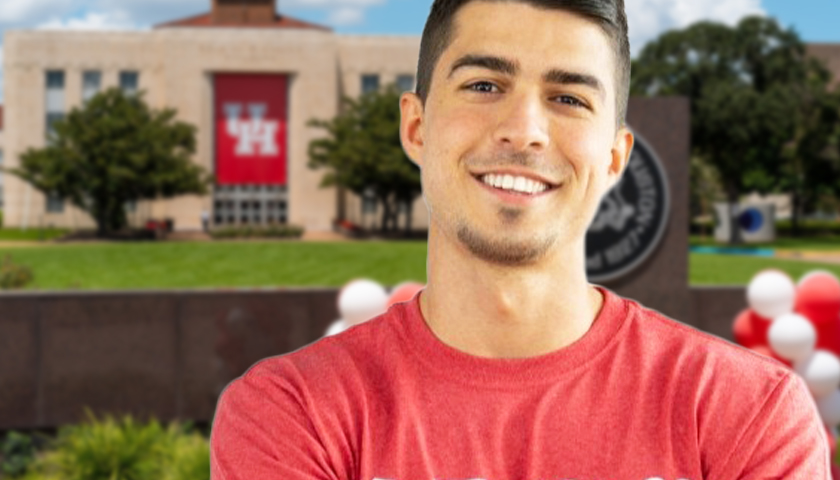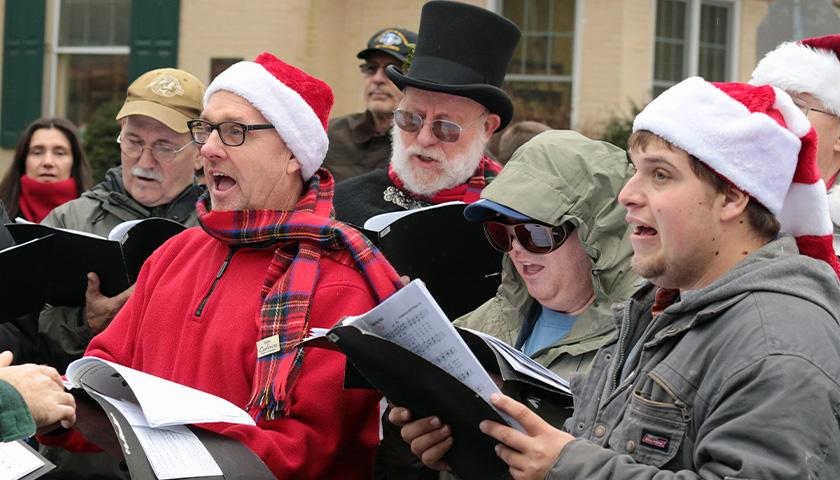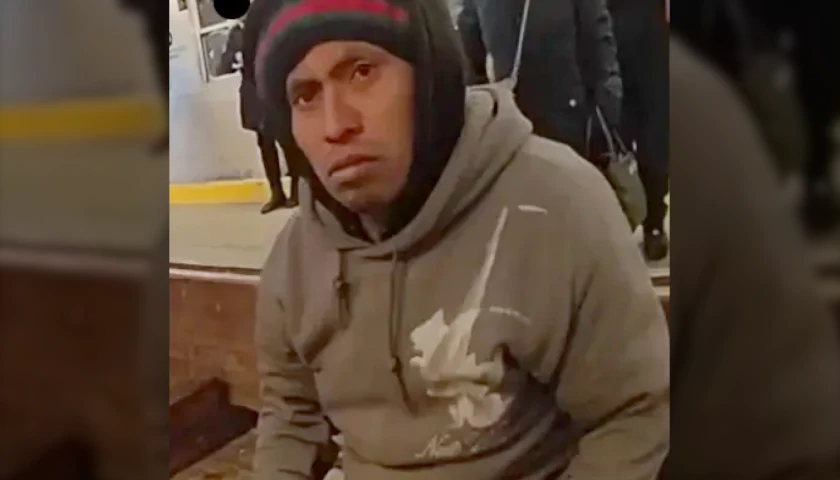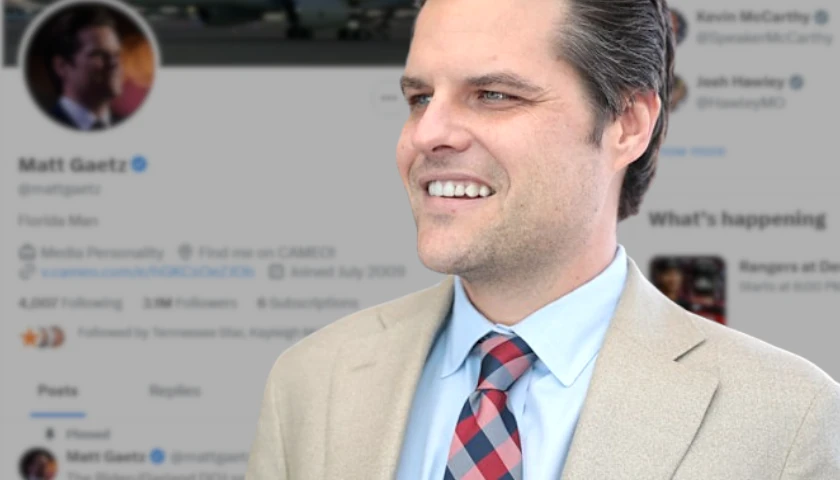by Alexa Schwerha
Students at the University of Houston voted in a Special Recall Election Oct. 26 and 27 to remove Student Government Association President Arsalan Darbin from his position.
A resolution to recall Darbin was set in motion Oct. 6 by Senator Abraham Sanchez, former president of the University of Houston College Democrats, who accused Darbin of fostering a hostile work environment.
“The resolution was very general, like I set a hostile work environment or fail to perform my duties,” Darbin told Campus Reform. “Just very general allegation[s]”.
Accusations against Darbin were supplied to the chamber via a 16 point list of grievances during a general meeting on October 6. “Fostering a hostile work environment,” “constantly us[ing] transphobic, homophobic, and sexist comments,” and budget management were all listed as concerns leading to the vote.
“President Darbin has long fostered a toxic and hostile work environment for his cabinet,” Sanchez had said, according to The Daily Cougar’s reporting. “These are microaggressions and there is no proof in writing, I’ll ask you to take them as their word.”
Darbin refuted these claims, writing that “there is absolutely no proof of the accusations made against me” in a statement.
But the special election raised concerns about fairness as 17 SGA senators were suspended after failing to comply with the Election Code’s stipulation that bars students from campaigning ahead of a special election.
Screenshots of violations were reported to the SGA Department of Justice, showing instances of senators actively campaigning for students to vote for or against the recall.
A group chat between members of the legislature also affirmed that while they were aware of the policy, it was deliberately ignored.
After multiple complaints regarding the violations, SGA Attorney General Nadiia Hutcherson issued the following statement:
“I can no longer in good faith state this was a fair election. The complete disregard [of the] the SGA Governing Documents, along with the Special Election Code’s provisions on campaigning has now led to more than half of the senate to be suspended until the end of the year,” Hutcherson wrote. “Multiple stipend members have violated the code and defended their actions with nothing more than ‘I do not want to follow this.’ What SHOULD have been a procedure to remove one person from office, is now the end of this administration’s ability to meet quorum for the remainder of the year”.
Further, Hutcherson addressed her concerns about the fairness of the election, and acknowledged that the legitimacy of the complaints may have played a role in the recall.
“The interference by members of SGA have provided a result that was garnered without respect to the Special Election Code. I cannot in good faith allow the evidence before me to not be considered an organized effort within this organization to influence the election in their favor. They have denied the student body the opportunity to have an unbiased vote,” she continued.
Campus Reform reached out to the Attorney General’s office for comment, and was informed she has taken a leave of absence.
The SGA Supreme Court issued guidance on the election following Hutcherson’s complaints, deeming the election results to be invalid. The ruling stated:
“After a careful judicial review of the evidence that were provided to the Student Government Association Supreme Court the Court majority agrees that Special Recall Election results be invalidated due to the influence of the members of the Legislative and Executive branch campaigning when they were specifically told not to campaign.”
The court mandated that Darbin will remain suspended from the SGA until December 19 and must complete four diversity and inclusion courses provided by the Center of Diversity and Inclusion before that date.
Darbin told Campus Reform that he plans to “carry out the initiatives that I actually want to work with and get away from the drama and political disruption and financial interest.”
“I think that’s one of the main reasons behind this,” Darbin stated.
Campus Reform reached out to University of Houston and Abraham Sanchez for comment; this article will be updated accordingly.
– – –
Alexa Schwerha is the Regional Field Coordinator at Leadership Institute for Texas and New Mexico. She attends Kent State University and is studying Communication Studies and Political Science. On campus, she served on the executive board of the Kent State Turning Point USA chapter, founded Students for Trump at Kent State, and was the Campaign Liaison for the Kent State College Republicans.
Photo “Arsalan Darbin” by Arsalan Darbin and photo “University of Houston” by University of Houston.





